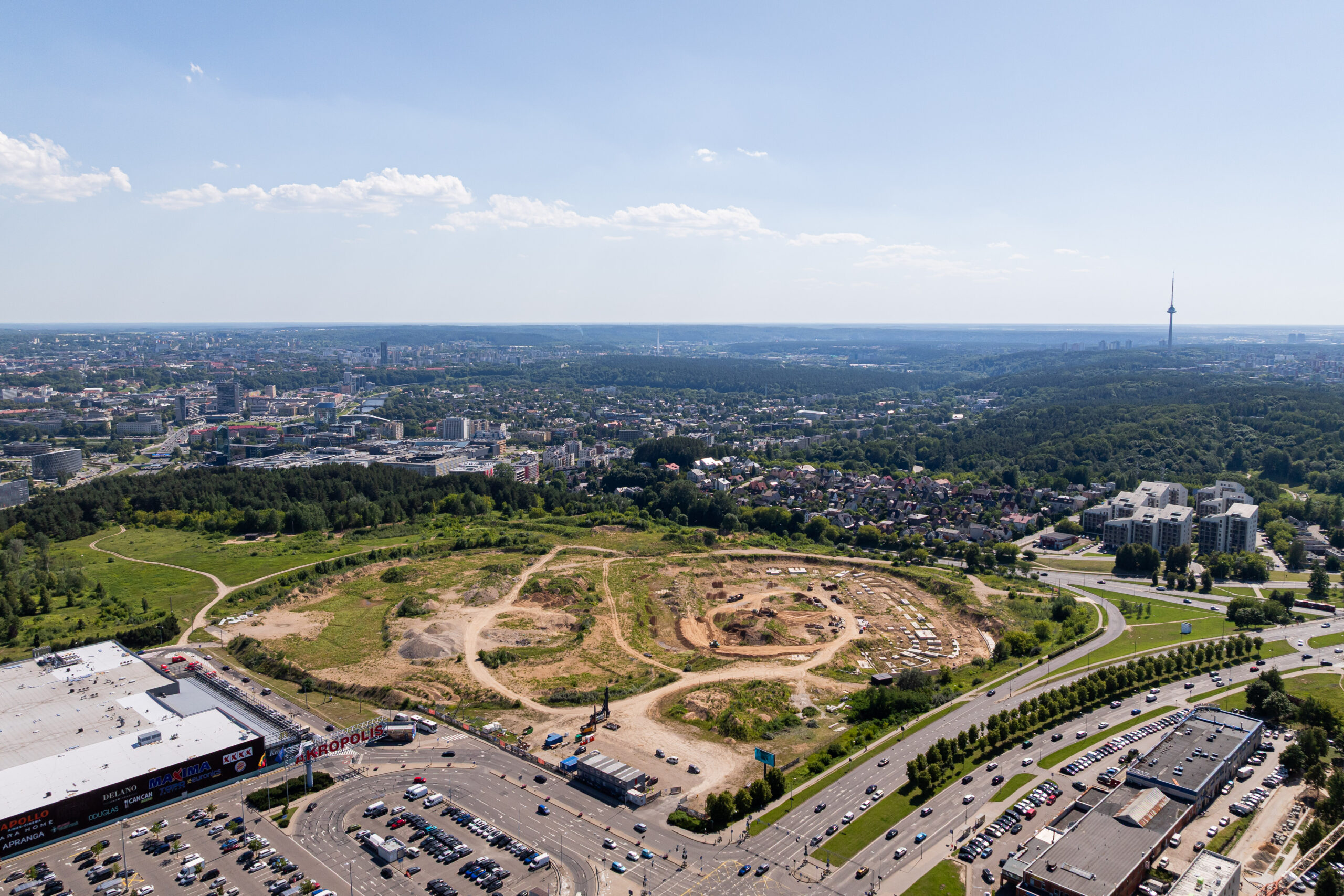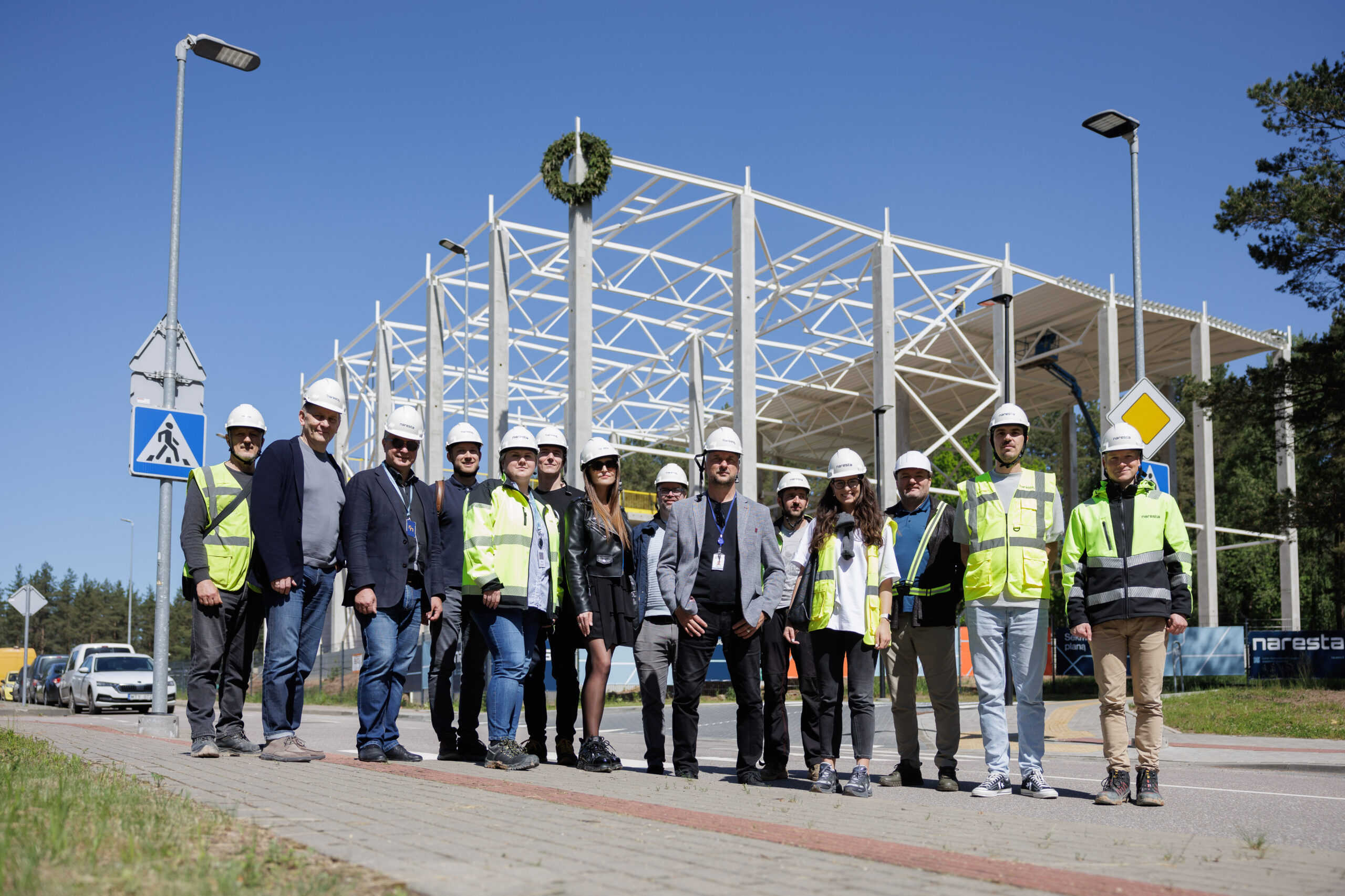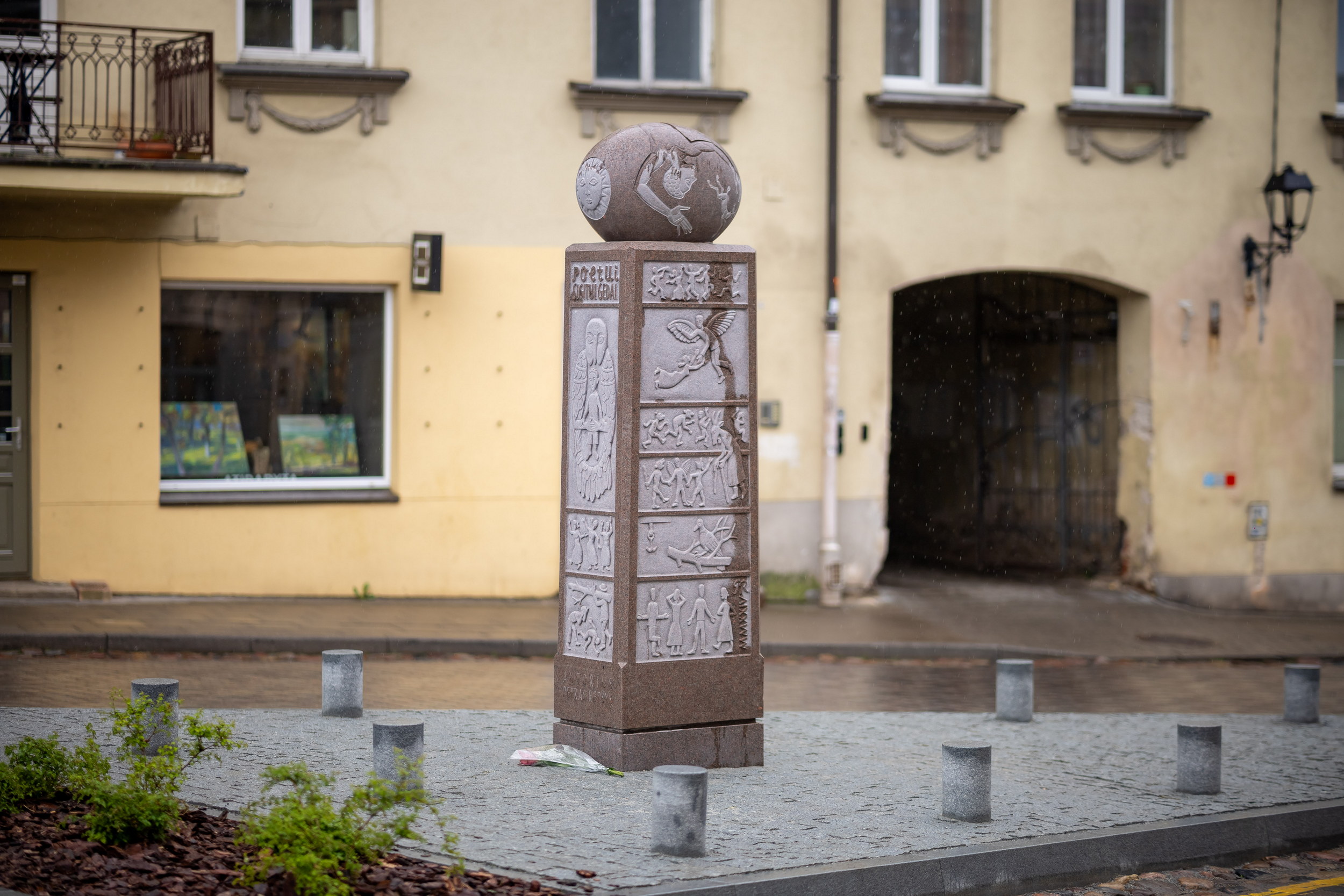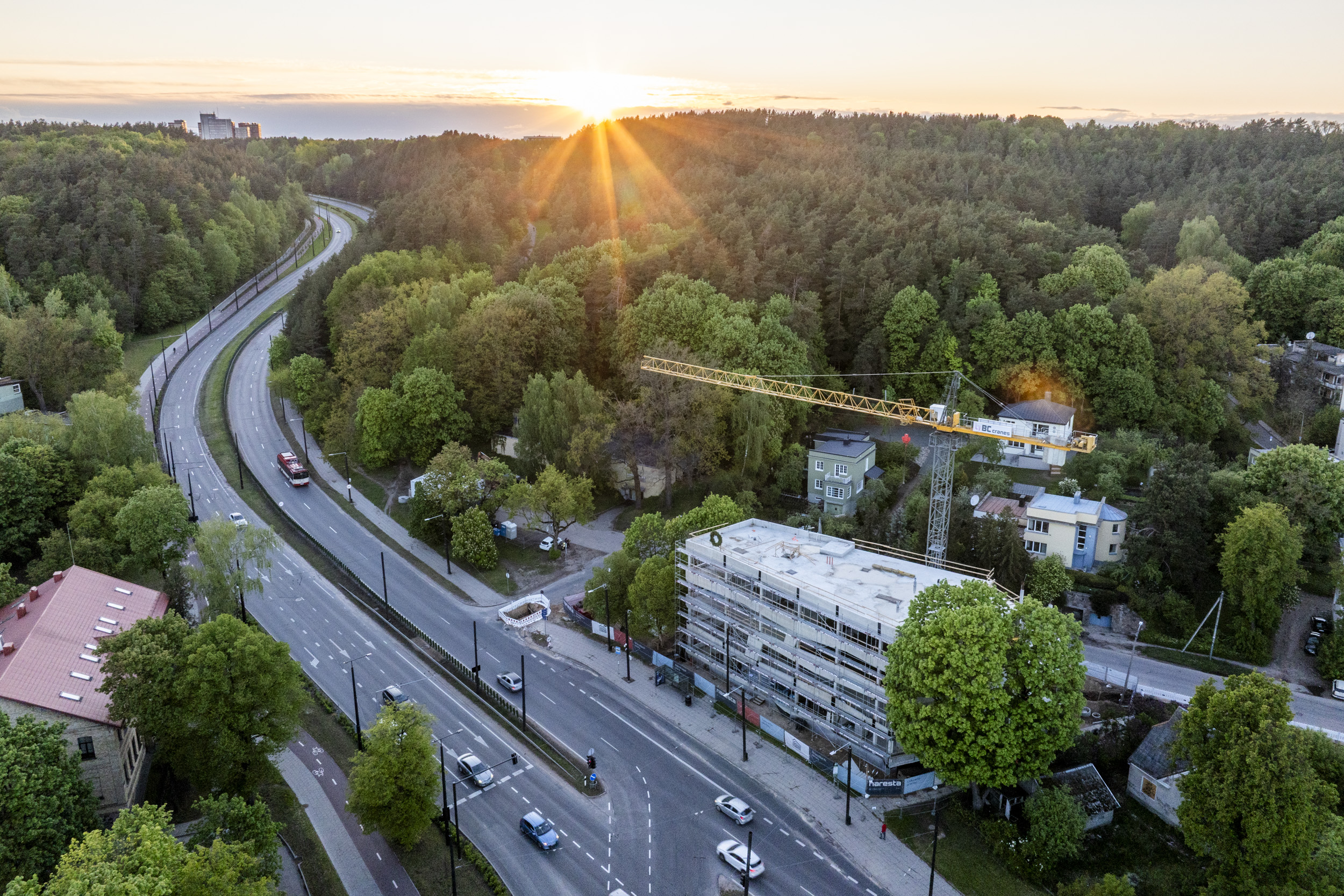Despite high demand from employers, the number of students graduating in this profession has fallen by as much as 80%

Western Europe and Lithuania are calling the alarm bells: Construction engineers and designers have been in short supply for many years, and as the market grows and most of the current professionals approach retirement age, the situation may soon become critical. Experts explained the reasons for formation of such situation.
“Young people who had previously chosen architecture and engineering studies have been attracted to smart technologies in recent years: This area offers more opportunities after graduation or to be more interesting. However, the truth is that the same smart technologies are already being applied in all stages of construction: Design, modelling, construction process management and others.
Since our generation studied, the number of graduate civil engineers has fallen drastically — universities prepare fewer specialists not only in Lithuania, but also in Europe. Meanwhile, the demand for specialists is not decreasing: Now, with the active development of defence infrastructure on the continent, it will be especially high,” said Arūnas Šlenys, founder and chairman of Naresta.
According to Assoc. Prof. Dr. Remigijus Šalna, Dean of the Faculty of Civil Engineering at VILNIUS TECH, the number of high school graduates has dropped from 48,000 to 27,000 over the past 20 years, which has consequently reduced the number of new specialists.
“The number of civil engineering students in VILNIUS TECH depends on many factors: Demographics, sector situation, rapid economic growth or crises, and brain drain. Unfortunately, the demographic situation in Lithuania leads to lower number of graduates, which strongly affects admissions to engineering professions,” says Assoc. Prof. Dr. R. Šalna.
The number of students is decreasing even though it is not difficult to find a job for anyone who has chosen engineering professions while still studying.
“We notice that already in the second and third year of study, students are employed in construction companies, and in the final year, almost all students are already working in their specialty. There are no non-working students achieving master’s degree.
This shows the high demand for construction engineering professionals, which will increase further due to the development of the construction sector. Last year, this sector generated over 7.6% of GDP and will continue to be a particularly important part of the Lithuanian economy. With growing investments in infrastructure, new housing construction and renovation, as well as the development of new sustainable construction solutions, it is highly likely that the sector’s contribution to GDP will remain significant — or even increase. Therefore, the demand for civil engineering professionals will continue to grow,” says the Dean of VILNIUS TECH.
According to A. Šlenys, the founder of Naresta, we will experience a severe shortage of specialists in Lithuania in the next three years, when the usual residential and commercial construction will be supplemented by the development of defence infrastructure, and if the situation does not improve, a long-term crisis of engineering specialists is predicted for the whole of Europe in the 2030’s.
It is estimated that in five years there will be a shortage of more than 2 million educated construction professionals in the European market: Half of them will need to replace retiring professionals, the same amount — for the development of new projects. In ten years from now, if the situation does not improve, this number could grow to 7 million. For example, for renovation solutions aimed at greening old, historic European buildings alone, it is estimated that by 2030 around 160,000 specialists will be needed.
Today, due to the insufficient influx of young professionals, businesses are making significant efforts to retain the specialists they already have: we pay salaries that exceed the market average and ensure complete stability for our team members — despite market slowdowns, they always have work,” says A. Šlenys.
R. Šalna notes that the market fluctuations experienced over the past two decades, during which the demand for construction professionals declined, have also contributed to a significant contraction in the number of students.
“Let us remember the rapid economic growth of 2000–2006 and its peak in 2008. At the same time, the number of students in the field of construction engineering also increased more rapidly, respectively, and the number of graduates. For example, in the year 2000 there were just over 200 graduates, while between 2008 and 2010 we were sending more than 700 into the market. Unfortunately, over the past five years the situation has been even worse than before the year 2000, as we are producing only around 150 graduates in this profession,” says the Dean of the Faculty of Civil Engineering at VILNIUS TECH.
According to him, some specialists who complete their studies in Lithuania choose to work abroad — this also contributes to the shortage of professionals.
“It is encouraging that advanced construction engineers in Lithuania are currently earning salaries comparable to those in other European countries, although there is still a slight difference. There is a shortage of engineers all over Europe. As a result, some graduates emigrate to work in European countries, others work remotely on projects in Europe, Asia, and even the United States, while others choose to stay and work for Lithuanian companies,” says Assoc. Prof. Dr. R. Šalna.
The number of foreign specialists in Lithuania is also increasing, especially in the case of labourers, who are in short supply in Lithuania: concrete workers, bricklayers. According to A. Šlenys, currently, when workers from neighbouring countries either cannot come because they defend their country or are not invited, the construction market has started to cooperate more actively with countries like the Philippines.
“We are always focused on long-term relationships — employees who understand Lithuanian work culture, construction regulations, integrate into the team. Therefore, we look at attracting foreign specialists carefully and responsibly, but in today’s market it is already becoming a necessity. It is gratifying that craftsmen and workers from countries outside Europe come here with the right attitude: Ready to learn, reach the same level and establish themselves here for a long time,” says the founder of Naresta.



